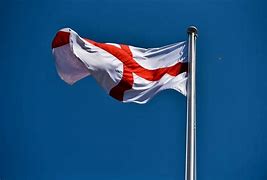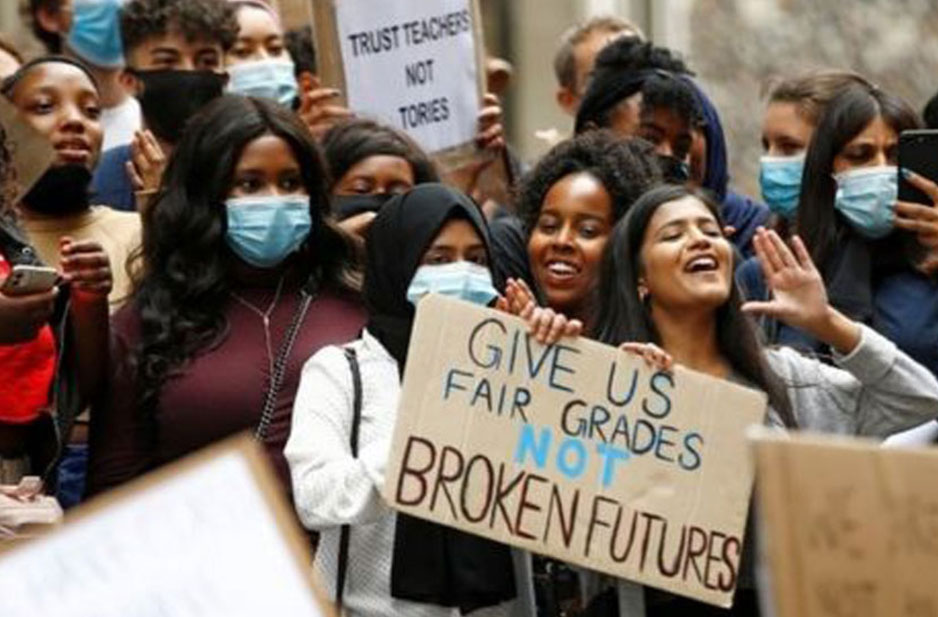Exams regulators are reviewing its guidance on how to appeal against A-level and GCSE grades using mock exam results - hours after publishing it.
It follows after Ofqual set out what constituted a "valid" mock exam for students appealing against A-level results in England. But the regulator has now suspended those criteria, and further information will be published "in due course".
A Department for Education statement said that Ofqual "continues to consider how to best deliver the appeals process to give schools and pupils the clarity they need". It added that it had been working with Ofqual to achieve an appeals process that was as fair as possible.
Neither A-level nor GCSE students were able to sit public exams this year because of the coronavirus pandemic, and almost 40% of A-level grades were marked down from teachers' predictions by an Ofqual algorithm.
Chair of the education select committee, Robert Halfon, said the decision to review appeals guidance left students and schools in confusion.
"That is a huge mess. Goodness knows what is going on at Ofqual. It is the last thing we need at this time. This is just unacceptable in my view," he said. "Students and teachers are incredibly anxious - particularly the students who are worried about their future. This has got to be sorted out.
"Ofqual shouldn't put things on websites, take them away, sow confusion. This is just not on and it has got to be changed."
Meanwhile, the statistical model used by Ofqual to determine grades faces two legal challenges, which argue students were unfairly judged on the school they attend.
Ofqual said that, where a written mock exam was not taken, it would consider other teacher assessments instead. However, a statement published late on Saturday night on the regulator's website read: "Earlier today we published information about mock exam results in appeals.
"This policy is being reviewed by the Ofqual Board and further information will be published in due course."
Hundreds of students have held a demonstration in central London, demanding clarify over the appeals procedure.
Holding placards - many of which called for the education secretary's resignation - they made their way through Westminster to the Department for Education. Dozens of protesters sat on the front steps while others shouted "come out Gavin" and "justice for the working class". Many of the demonstrators have called the downgrading of results "classist".
"Baffling, mind-boggling, inadequate, shell-shocked" - these are the politer responses from school leaders, trying to make sense of Ofqual's bizarre retraction of its own rules over A-level appeals.
An early morning email from an otherwise respectable head teacher was titled: "WTF?"
Ofqual is meant to be an independent exams watchdog, but assuming it didn't overrule itself, who did pull the plug on what they'd announced for appeals over mock exams?
The non-decision still leaves students anxiously waiting to find out if they can appeal and claim their university places. There is also irritation that ministers didn't head off this chaos in advance, or even when problems emerged in Scotland.
In the end, whether it's by Ofqual or the Department for Education or Number 10, a decision will have to be made.
Do they stick with the current grades and retro-fit them with a functioning appeals system?
And will that withstand the unpicking of the fairness of results and legal challenges?
Or do they take the political hit - and the risk of creating other types of unfairness - by switching to teachers' predictions, as eventually happened in Scotland?
For ministers, it's time to turn over the exam paper and start their answers.


















